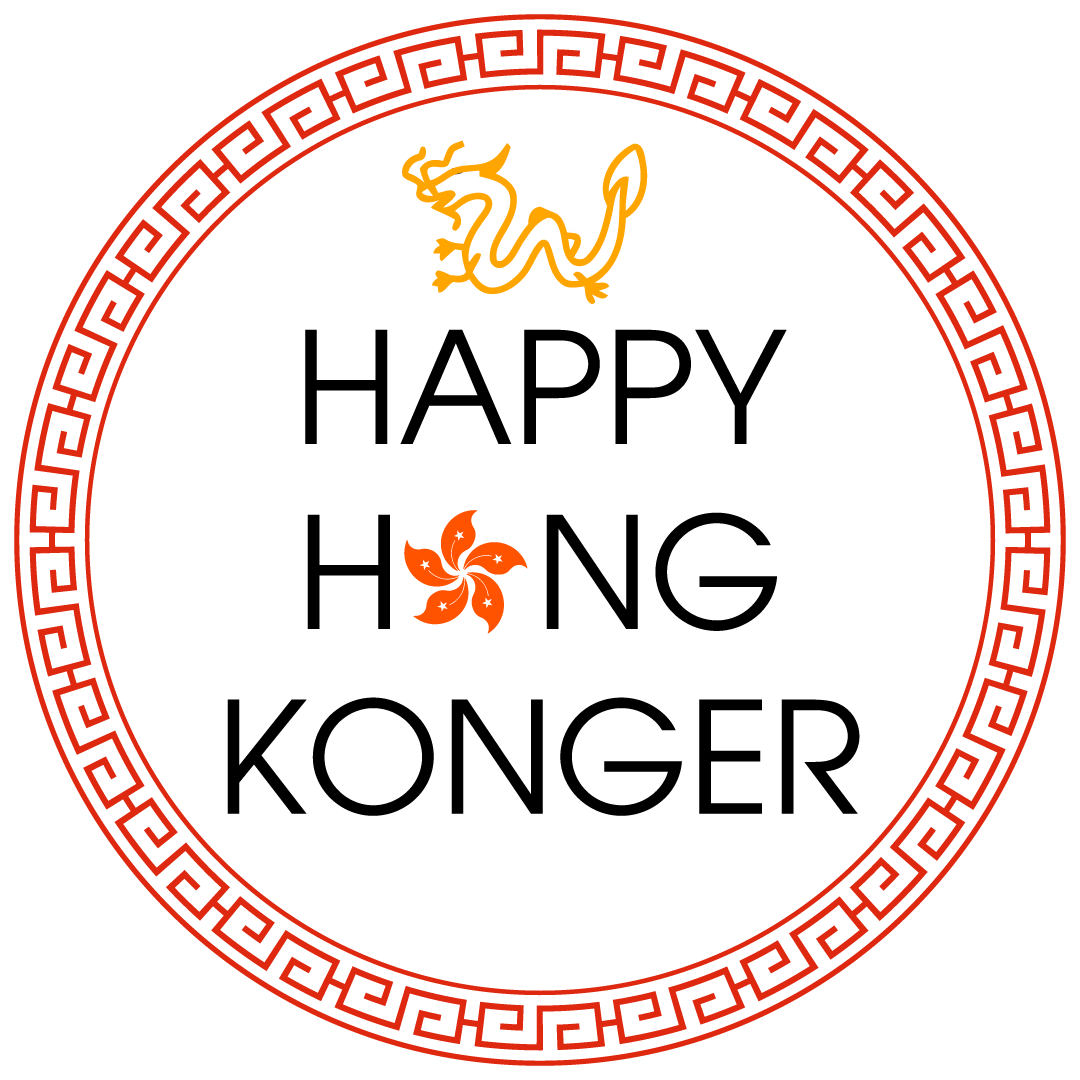

Choosing the right business structure is a critical first step for solo entrepreneurs in Hong Kong. The sole proprietorship is a popular option, offering simplicity and low setup requirements.
However, it’s essential to be aware of its defining characteristics, including unlimited liability and compliance responsibilities. This blog post provides a concise guide to registering and operating a sole proprietorship in Hong Kong, addressing key aspects such as registration and tax considerations.
What is a Sole Proprietorship in Hong Kong?
A sole proprietorship in Hong Kong is a straightforward and quick business structure commonly chosen by individuals venturing into entrepreneurship. Here, the owner-operator and the business are legally indistinguishable, resulting in unlimited liability.
While sole proprietorships offer easy setup and simplified tax reporting, they come with significant drawbacks, notably unlimited liability. Personal assets are at risk, and securing loans or funding may be challenging.
Entrepreneurs must weigh the simplicity of this business structure against the potential personal risks and compliance obligations, ensuring it aligns with their goals and needs in Hong Kong.
How can you Register a Sole Proprietorship in Hong Kong?
In Hong Kong, all businesses, including sole proprietorships, must be registered with the Business Registration Office of the Inland Revenue Department. To maintain compliant operations, every company in Hong Kong must possess a Business Registration Certificate (BRC). This certificate must be renewed annually or every three years, depending on your business.
Sole proprietors in Hong Kong are subject to a two-tiered tax system. The tax rate is 7.5% on the first HKD 2 million of profits and 15% for amounts exceeding that threshold.
Unlike corporate bodies that file profits tax returns, sole proprietorships report their income through individual tax returns. Hong Kong also employs a territorial approach to taxation, meaning sole proprietors are taxed only on profits earned within Hong Kong.
Advantages and Disadvantages of a Sole Proprietorship in Hong Kong
If you’re considering a sole proprietorship in Hong Kong, it’s vital to weigh the pros and cons before making your decision.
Taking a closer look at both sides:
Advantages
- Easy to Start: Launching a sole proprietorship is hassle-free. There’s minimal red tape, and you won’t face hefty capital requirements.
- Full Control: The sole owner has complete control over the business. You call the shots, make all the decisions, and maintain full control over your business’s direction.
- Access to Profits: Any profits your business generates belong solely to you as the owner.
- No Double Taxation: Unlike some other business structures, sole proprietors don’t face double taxation. Your profits are taxed as part of your individual income, and you won’t be subject to a separate corporate tax rate or dividend taxes.
- Flat Tax Rate: Hong Kong offers a favorable tax environment for sole proprietors. The fixed tax rate is 15%, which is lower than corporate tax rates.
- Tax Credits: You may be eligible for tax credits, such as those related to work-from-home expenses.
Disadvantages
- Unlimited Liability: One significant drawback is unlimited liability. As a sole proprietor, you are personally responsible for all losses, expenses, liabilities, and claims.
- Limited Credibility: Operating as a sole proprietor may make it challenging to compete with larger, incorporated companies. Potential clients, partners, or customers may perceive your business as less established or credible.
- Tax Deductions: Unlike incorporated businesses, sole proprietors cannot deduct business expenses from their taxable income.
- Financial Confusion: Without a well-structured bookkeeping system, it can be easier to differentiate between personal and business finances.
- Financing Challenges: Raising financing for your business may be more challenging due to the unlimited liability structure.
Documents Required for Registering a Sole Proprietorship in Hong Kong: Local Residents vs. Foreigners
Starting a sole proprietorship in Hong Kong is a relatively straightforward process, but it’s essential to understand the specific documents required, especially for local residents and foreigners. Here’s a breakdown of the necessary documentation:
For Local Residents
- Proof of Identity: Local residents must provide proof of identity, typically in the form of their Hong Kong Identity Card (HKID).
- Application Form (Form 1a): Fill out the application form (Form 1a) for business registration, which includes details about your proposed business name.
- Registration Fee and Levy: Be prepared to pay the applicable registration fee and levy as required by the Inland Revenue Department.
For Foreigners
- Proof of Identity: Non-residents looking to register a sole proprietorship should provide a certified copy of their passport or an identity card issued by the relevant governmental authority in their home country.
- Application Form (Form 1a): Similar to local residents, foreigners need to complete the application form (Form 1a).
- Appointment of a Responsible Person: If the owner or partners are not Hong Kong residents, they must appoint a “responsible person” or agent within Hong Kong to manage business registration affairs. The responsible person should provide an appointment letter, a copy of their Hong Kong identity card, and a residential address.
- Overseas Residential Address: Foreign investors should also provide proof of their latest overseas residential address as part of the registration process.
Ongoing Compliance Obligations for Your Sole Proprietorship in Hong Kong
After successfully registering your sole proprietorship in Hong Kong, your responsibilities extend beyond the initial setup. Ongoing compliance is crucial to ensure that your business remains in good standing with the authorities. Here are the key compliance obligations you need to be aware of:
- Special Business Licenses: Depending on your business’s nature and industry, you may need to obtain specific licenses, especially for industries like financial services or education.
- Annual Tax Obligations: All registered sole proprietorships in Hong Kong must file profits tax returns annually. The first tax return must be submitted within 18 months from the date of incorporation.
- Financial Statements: If your business earns less than HKD 2 million annually, you are not obligated to include financial statements. However, if your yearly earnings exceed HKD 2 million, you must consist of certified copies of these statements covering profit and loss, the company’s balance sheet, and its tax computation.
- Tax Rate: The tax rate for a sole proprietorship in Hong Kong is fixed at 15% on assessable profits. Understanding and correctly applying this tax rate is essential for your financial compliance.
How We Can Help – Our Incorporation Service
Premia TNC specializes in streamlining the establishment of your sole proprietorship in Hong Kong. Our comprehensive company incorporation service covers all aspects, ensuring a smooth journey for both local residents and foreign entrepreneurs.
Our services include guiding you through the selection of an appropriate business name, ensuring strict compliance with local regulations, and leveraging our in-depth knowledge of Hong Kong’s business landscape to assist foreign entrepreneurs in obtaining investment visas.
Contact us today for a FREE consultation about our company incorporation services. Our experts are here to address any inquiries or concerns you may have, guiding you every step of the way.
FAQs
1. What is a sole proprietorship in Hong Kong?
A sole proprietorship is a common business structure where the owner-operator is legally the same as the business. It offers simplicity but exposes the owner to unlimited liability.
2. What are the ongoing compliance obligations for a sole proprietorship in Hong Kong?
Ongoing compliance includes renewing the Business Registration Certificate, obtaining specific licenses if necessary, and filing tax returns annually. The tax rate for sole proprietors in Hong Kong is 15%.
3. Can a sole proprietorship open a business bank account in Hong Kong?
Yes, sole proprietors can open business bank accounts in Hong Kong. The requirements may vary depending on the banking institution.


















